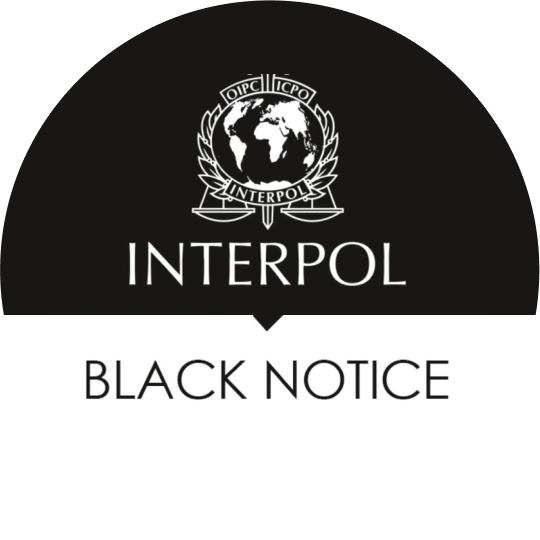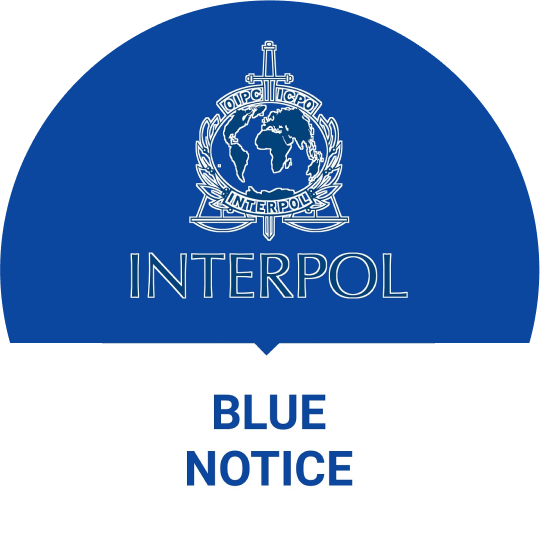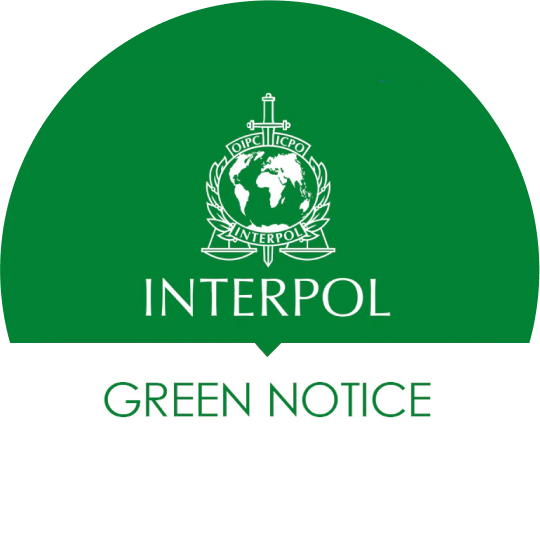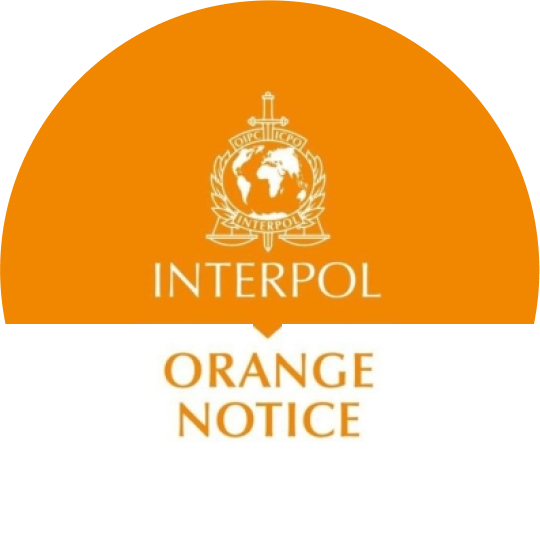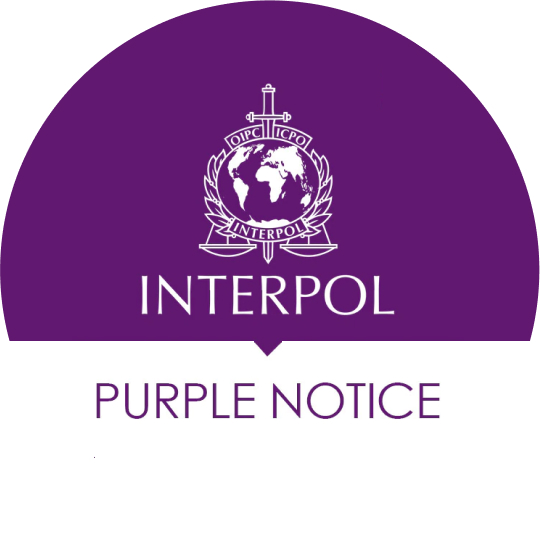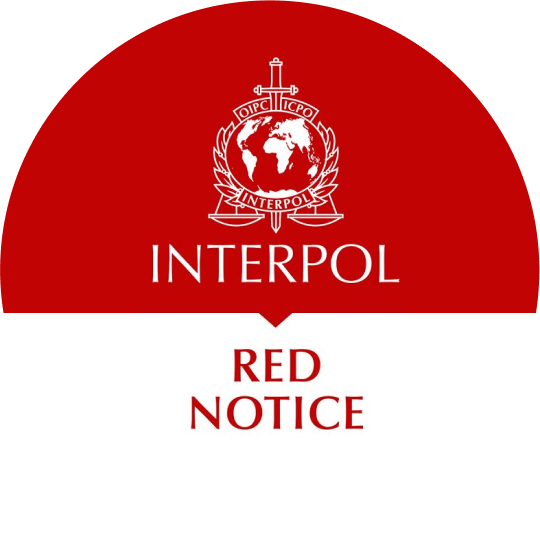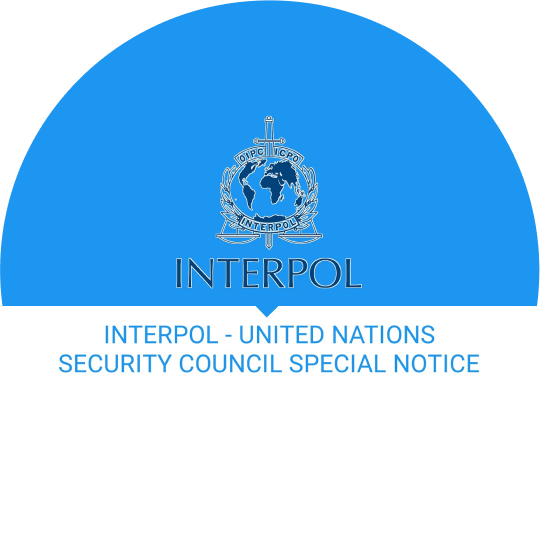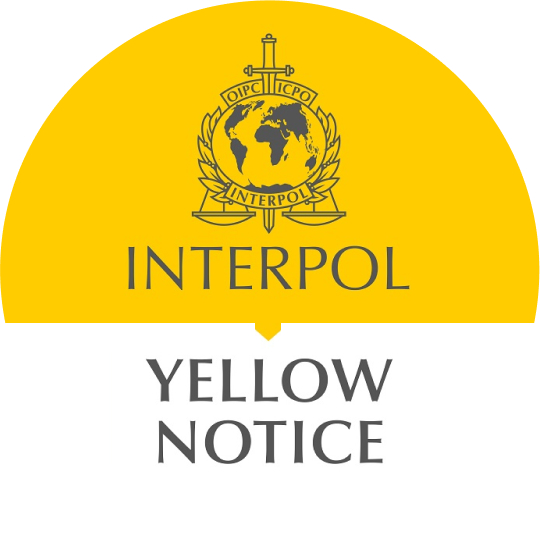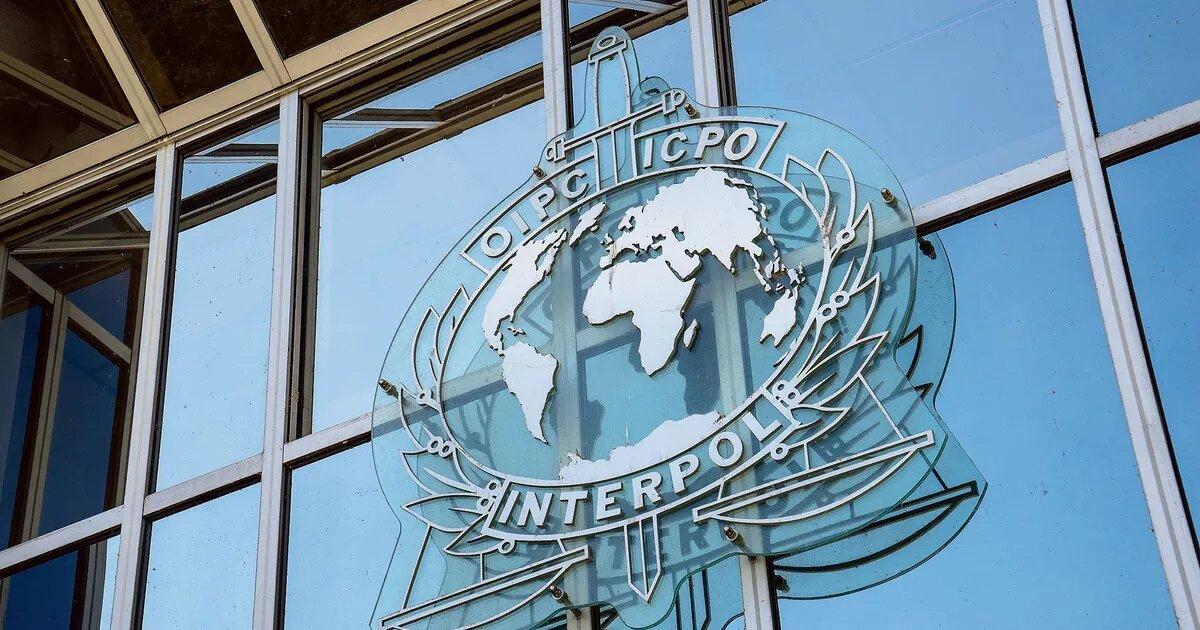The term ‘INTERPOL Clearance‘ is frequently used but misleading. INTERPOL, the International Criminal Police Organization, aids police cooperation among its 194 member countries but does not provide a service named ‘INTERPOL Clearance.’ This clarification is vital for accurately understanding INTERPOL-related matters.
Central to this misunderstanding is the concept of INTERPOL’s Red Notices. A Red Notice is a request to locate and provisionally arrest an individual pending extradition, surrender, or similar legal action. It’s based on a valid national arrest warrant and is issued at the request of a member country. While widely recognized, it’s crucial to note that a Red Notice is not an international arrest warrant, and INTERPOL itself does not have the authority to compel any member country to arrest the individual who is the subject of a Red Notice.
Interpol clearance is a process by which Interpol notifies its member countries that an individual is wanted for extradition. The Interpol Red Notice is the basis for Interpol clearance. It contains information about the crimes an individual is accused of, as well as his or her last known whereabouts. Interpol member countries are required to extradite individuals who are subject to Interpol Red Notices. In order to get Interpol clearance, an individual must first be placed on an Interpol Red Notice. This can be done by Interpol itself, or by a member country that has issued an extradition request, but it’s vital to consult with extradition lawyers about how can you avoid extradition. Once an individual is placed on an Interpol Red Notice, he or she will be subject to Interpol clearance.
How to Get an Interpol Background Check
Obtaining an INTERPOL background check is not as straightforward as one might think. In fact, INTERPOL, as an international organization, does not generally provide individual criminal record checks or ‘background checks’ directly to individuals. The main reason behind this is the nature of INTERPOL’s operations and the structure of international law enforcement cooperation. INTERPOL’s primary role is to assist national law enforcement agencies by providing a platform for them to share and access data on crimes and criminals.
If you need a background check for employment or visa purposes, it’s usually done by local or national law enforcement agencies, not directly by INTERPOL. These authorities can access INTERPOL’s databases for their investigations and include findings in their reports. The process for these checks varies by country.
Individuals generally cannot request an INTERPOL background check directly due to several reasons. First, INTERPOL primarily supports member countries’ law enforcement agencies, not individuals. Second, data privacy laws limit access to such information. Finally, while INTERPOL has databases on criminal activities, these are provided by and shared with member countries’ law enforcement and are subject to restrictions. Therefore, private individuals typically cannot access this information directly from INTERPOL.
Interpol Clearance Certificate: Is There Such a Thing?
The concept of an “INTERPOL Clearance Certificate” is a topic that has caused considerable confusion. This term, often seen in discussions regarding criminal records and travel requirements, suggests a document provided by INTERPOL that ‘clears’ an individual of any criminal charges or suspicions. However, it’s important to clarify that such a certificate does not exist.
INTERPOL does not issue ‘clearance certificates’; its main function is aiding law enforcement agencies in member countries with investigations, not certifying individuals’ criminal status. For certificates needed for visas or employment, local or national law enforcement agencies should be approached, as they maintain criminal records and conduct background checks. Understanding INTERPOL’s actual role in international law enforcement cooperation is crucial, given the misconception about “INTERPOL Clearance Certificates.”
Data Deletion from INTERPOL’s Databases
Requesting data removal from INTERPOL’s databases is a process aimed at maintaining the organization’s commitment to human rights and political neutrality. This data includes information such as Red Notices and other alerts in INTERPOL’s systems, issued at a member country’s request.
An individual or their legal representative can submit a request for data removal to the Commission for the Control of INTERPOL’s Files (CCF), an independent body within INTERPOL that ensures the processing of personal data conforms with the applicable rules. This request should provide a detailed explanation of the reasons why they believe the data should be deleted, including any evidence they have to support their claim.
Data may be removed from INTERPOL’s databases if the CCF finds it non-compliant with INTERPOL’s rules, such as politically motivated Red Notices. Other grounds include incorrect, incomplete data, or data processed without legal basis. The CCF’s decision is communicated to the General Secretariat for implementation. This process can be lengthy and outcomes are not guaranteed, hence seeking legal advice is often recommended.
Have you ever wondered whether Interpol can arrest someone – find out the truth in the next article.



